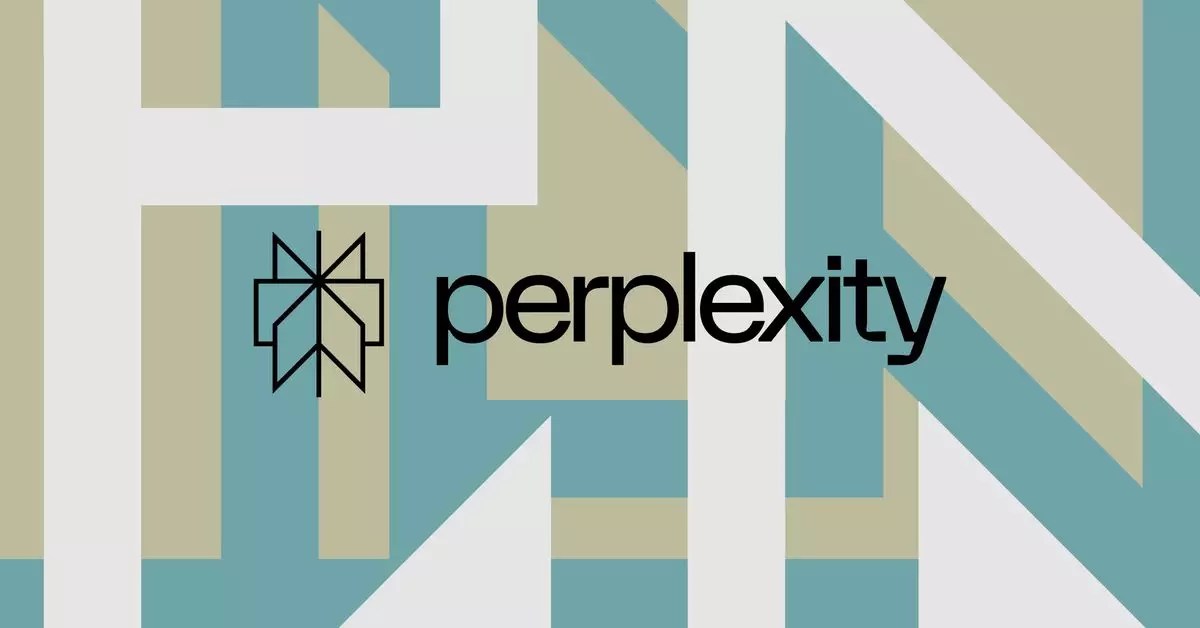The intersection of artificial intelligence and journalism has become increasingly contentious in recent years. As technology evolves, startups like Perplexity are reshaping how individuals access information, but these innovations often lead to clashes with traditional media conglomerates. One prominent sign of this friction is the ongoing lawsuit between News Corp and Perplexity, which has sparked a dialogue about the ownership of facts versus the originality of expression.
The backbone of the legal battle centers around allegations from News Corp, which owns major publications like The Wall Street Journal and the New York Post. They accuse Perplexity, an AI search engine startup, of “massive scale” copyright infringement by scraping and repurposing content without obtaining permission. Such actions raise pertinent questions about the ethical limits of utilizing existing information. News Corp maintains that their original reporting is being compromised, prompting this pushback against Perplexity.
In response to News Corp’s lawsuit, Perplexity has articulated a viewpoint that challenges the norms of information ownership. The startup contends that major media entities are attempting to monopolize publicly available facts, effectively creating a toll for anyone wishing to leverage these commonly accepted truths. This perspective paints a stark contrast—suggesting that while copyright laws protect specific expressions of information, they should not extend to the basic facts themselves. The company argues for a more open framework where information is accessible and not restricted by corporate interests.
Perplexity’s stance highlights a critical dilemma faced by industries in a digital age where content is hyper-accessible and rapidly disseminated. The startup asserts that the legal actions taken by firms like News Corp are not only counterproductive but could also hinder innovation in technology. This discourse reflects a broader struggle: the necessity for tech companies to find a balance between respecting intellectual property and fostering an environment where information can be shared freely and innovatively.
Interestingly, Perplexity has not turned solely defensive but has also initiated a revenue-sharing program in collaboration with established publications such as Fortune and Der Spiegel. This move signals an earnest attempt to reshape the narrative from an adversarial relationship to one of mutual benefit. By advocating for partnerships, Perplexity suggests that collaborative initiatives can drive superior outcomes for both tech startups and media outlets, leveraging technology to enhance journalistic endeavors without infringing on copyrights.
The friction between AI ventures like Perplexity and traditional media giants underscores a pivotal moment for both sectors. As the landscape of information consumption evolves, so must the frameworks that govern it. Addressing the challenges posed by copyright in the age of AI will require robust discussions around ethics, ownership, and collaborative opportunities. Only through such discussions can a balanced ecosystem emerge, promoting innovation while respecting the foundational principles of journalism. The outcome of cases like these may well set precedents, shaping the future of both technology and media industries for years to come.


Leave a Reply